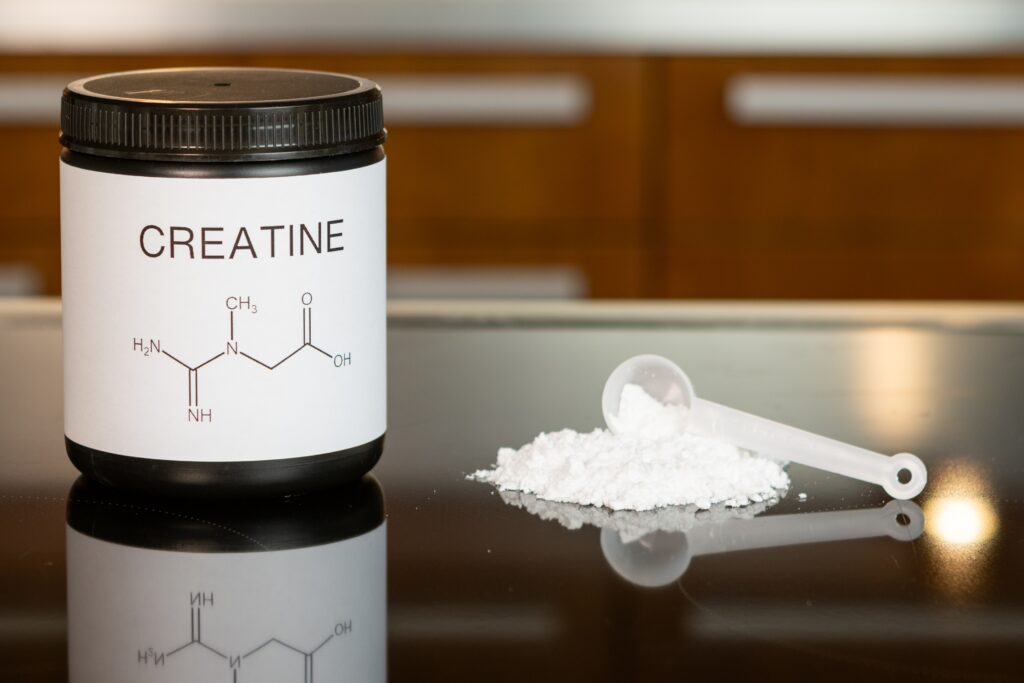Creatine is a natural compound found in small amounts in certain foods and synthesized by the body. It plays a crucial role in the production of adenosine triphosphate (ATP), the primary energy currency of cells. While creatine is well-known among athletes and bodybuilders, its benefits extend beyond the realm of sports performance. In this article, we will explore what creatine does and how it can positively impact overall health.
Energy Production and ATP Synthesis:
The primary function of creatine in the body is to facilitate the production of ATP, the energy molecule that powers cellular activities. During short bursts of high-intensity activities like weightlifting or sprinting, the demand for ATP increases. Creatine helps replenish ATP stores, providing the muscles with the energy needed for optimal performance.
Improved Exercise Performance:
For individuals engaged in high-intensity, short-duration activities, creatine supplementation has been shown to enhance performance. Whether you’re a sprinter, weightlifter, or engage in HIIT (High-Intensity Interval Training), creatine can help increase strength, power, and overall exercise capacity.
Muscle Growth and Recovery:
Creatine plays a pivotal role in promoting muscle growth by increasing the water content within muscle cells, leading to cell volumization. This process stimulates protein synthesis and inhibits protein breakdown, fostering an environment conducive to muscle hypertrophy. Additionally, creatine has been associated with faster post-exercise recovery, reducing muscle soreness and inflammation.
Cognitive Benefits:
Beyond its impact on physical performance, creatine has been linked to cognitive benefits. The brain requires energy for optimal function, and creatine contributes to ATP synthesis in neural tissues. Research suggests that creatine supplementation may enhance cognitive performance, memory, and overall brain function, making it a potential aid for individuals with neurodegenerative conditions.
Neuroprotective Properties:
Creatine’s neuroprotective effects extend to conditions like Parkinson’s and Huntington’s diseases, where it may help mitigate the progression of symptoms. The antioxidant properties of creatine contribute to its ability to protect cells from oxidative stress, supporting overall brain health.
Potential Therapeutic Applications:
Emerging research indicates that creatine may have therapeutic applications beyond sports and fitness. Studies have explored its potential benefits in conditions such as depression, bipolar disorder, and certain neuromuscular diseases. While more research is needed, the findings suggest a broader spectrum of health implications for creatine supplementation.
Conclusion:
Creatine is a versatile compound that goes beyond its well-established role in sports and fitness. Its ability to enhance energy production, promote muscle growth, and exert neuroprotective effects makes it a valuable supplement for individuals aiming to optimize both physical and cognitive performance. While creatine is generally safe, it’s crucial to consult with a healthcare professional before starting any supplementation regimen, especially for those with underlying health conditions. As research continues to uncover new facets of creatine’s benefits, it reinforces its position as a promising ally for overall health and well-being.

